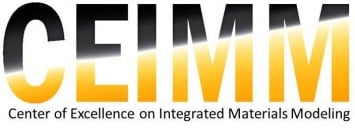Electrical & Computer Engineering
What is electrical and computer engineering?
COMBINED BACHELOR'S/MASTER'S
Did you know: You can take any two programs at JHU to create your own, customized combined bachelors/masters program! Learn more >Electrical and computer engineers are the creators of many things taken for granted in our daily lives, from desktop computers to GPS systems and cell phones. At Johns Hopkins, students learn the fundamentals of electrical, computer and digital systems, data structures, and circuits, with an emphasis on hands-on experience to complement the theoretical.
Why Hopkins?
At Johns Hopkins, the study of electrical and computer engineering is a dynamic process, with learning taking place in the classroom, the laboratory, and on design teams. The aim is to understand the principles behind the facts and to have opportunities to create new knowledge. Students, in consultation with their advisors, have the flexibility to follow their academic and research interests in a wide range of subjects, from applied neurosciences to medical imaging. You emerge from our program with an in-depth technical knowledge, adaptability, problem-solving skills, and a breadth of experiences.
What Can You Do With Your Degree?
The diverse knowledge base and skill sets of our computer engineering graduates mean they are in great demand in top graduate programs and diverse fields including software and computer development, gaming, health care systems, finance and investment banking, circuits, and systems for manufacturing and defense.
Part-time & Online Programs
Working professionals who wish to pursue a master’s degree or an advanced certificate may choose the Johns Hopkins Engineering for Professionals program, with classes conveniently scheduled weekday evenings and Saturdays, and a number of courses also available online.
Request More Information
